DW's Blog
Customer Service The Last Great Frontier
by DW Green — January 11, 2010
With Wal Marts, COSTCO, Trader Joes and Limited Assortment formats, the tougher the price competition in a market, the more important quality of service is to sustainable success. Why? Because without differentiated quality, without a superior total experience to offer customers, a company has few, if any, non-pricing options when key competitors cut their prices.
Achieving increased loyalty from customers and potential customers goes hand in hand with a focus on customer service. Delivering on a promise to provide outstanding and exceptional service to all customers, internal and external, is best accomplished when the promise becomes deeply rooted in the company culture. Providing exceptional customer service is aspirational. It begins with desire and is rewarded through the self-satisfaction of knowing you did the right thing by doing right for others. The benefits can be measured in small assurances or large returns. Smiling faces, exceptional morale, increased productivity, enhanced customer loyalty, and lower employee turnover rates are all tangible benefits of an exceptional customer service program.
Customer service has to do with the customer’s perception of the level of service she or he expects. Exceeding customers’ service expectations can be the defining factor in distinguishing a company from its competitors in the eyes and minds of consumers.
To customers, great service is an experience. It is the feeling that they take home with them after experiencing something positive, that “warm and fuzzy” they’re left with. Great customer service brings them back every time.
Customer service is one of the last great frontiers for a business to explore. The adventure is a journey fueled by purpose and desire. Great customer service is pure of heart and genuine. Its purpose is to serve the customer the best way possible, and its desire is to please customers in every way possible, and earn the right to do business with them again and again. It is a journey with no personal satisfaction until all customers are satisfied. The fundamental reason for every organization is to create a satisfied customer.
Achieving a reputation for great customer service does not happen by talking about it. A company’s reputation is determined by what customers say about it and how they describe it in their everyday lives. So listen to your customers. Give them exactly what they want, any way they want it. And invite them in to participate in their own service. Wise is he who listens, for in the end we all are customers. In the end, we all vote with our pocketbooks and with our efforts. And in the end it is he who listens who includes us, empowers us, and wins our loyalty.
Keeping customers satisfied is the first step to developing loyal, long-term friendships with your customers. A happy customer may be loyal; a delighted customer can be a friend for life. This is critical, especially when you consider the numbers. Countless surveys have shown that it costs about five times as much to get a new customer as it does to retain an existing one. Yet how much of a typical organization’s marketing budget is invested in keeping current customers, as opposed to attracting new ones. The more you extend a personal relationship to your customers, the more likely it will be that they will increase their patronage. Theoretically, it’s possible to double your sales without adding a single customer. All that must be done is to make your current customers feel so good about doing business with you that they come in twice as often.
Customer service has it roots in the neighborhood grocery store. In the early days, when supermarkets, UPC codes, and scanning cash registers were concepts from Star Trek, the corner store was usually run by Ma and Pa and the rest of the family. They lived by one simple rule in those day: The customer is king. Ma and Pa took pride in taking care of each and every customer that came in. These hearty grocers were linked to their communities. In rural areas, they felt the pinch along with their farmer customers when weather affected crops and livestock. These grocers were pioneers in creating value. They experienced and shared in the joys and hardships of each customer. They knew each and every adult and child by name, not because some training manual told them to but because they believed it was just “how people wanted to be treated.” Ma and Pa even knew their best customers’ favorite cut of meat or vegetable or cereal or coffee, and they did all this without the aid of computers and without invading the privacy of their customers.
Not much has changed. Even in this age of technological innovation, business is still about people. Today, just as then, the customer comes first (and is always right). Small-town merchants know their customers on a personal basis, they genuinely care about them as people, not just because it will improve margins or increase sales, but because it helps them do a better job. They believe in the golden rule of business: Treat others, as you would want to be treated. Then, because they are your customers, treat them just a little better yet.
Filed Under: DW's Blog




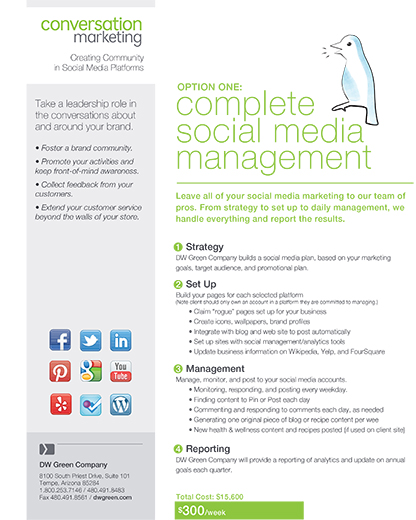
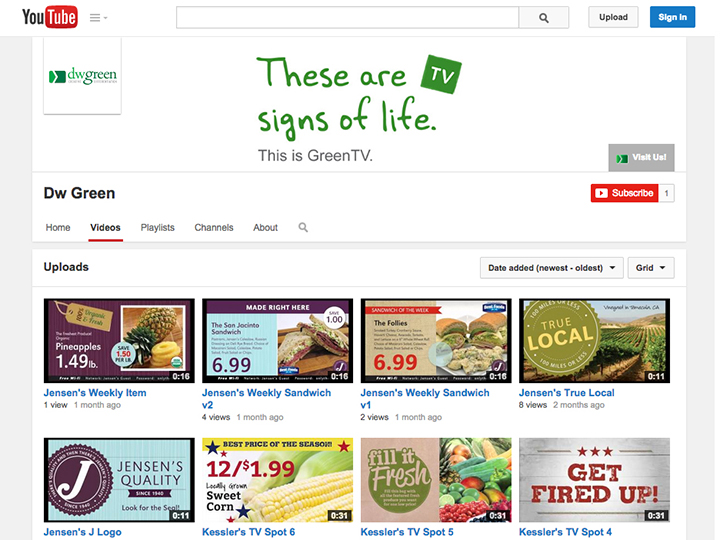






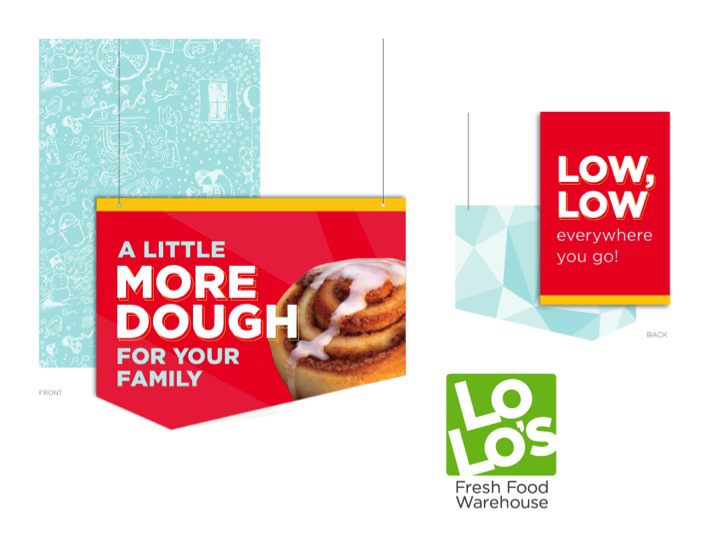



















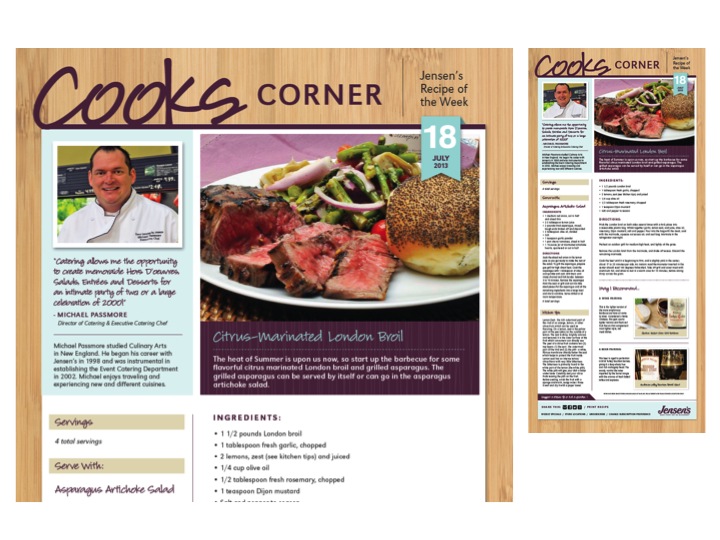
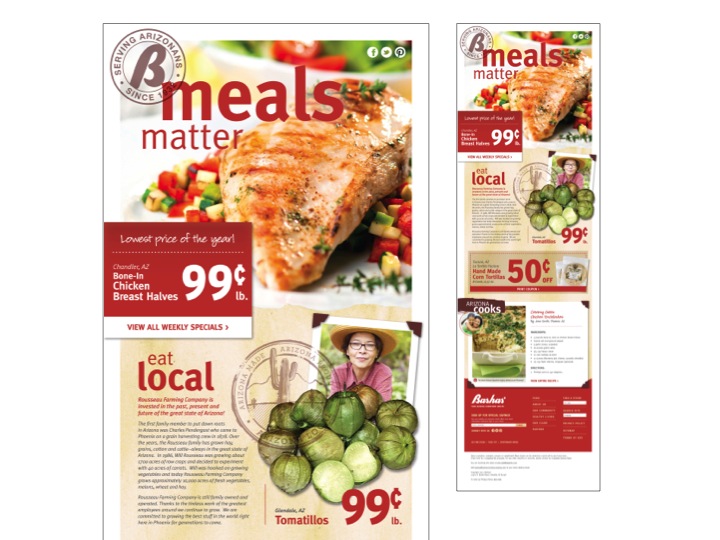

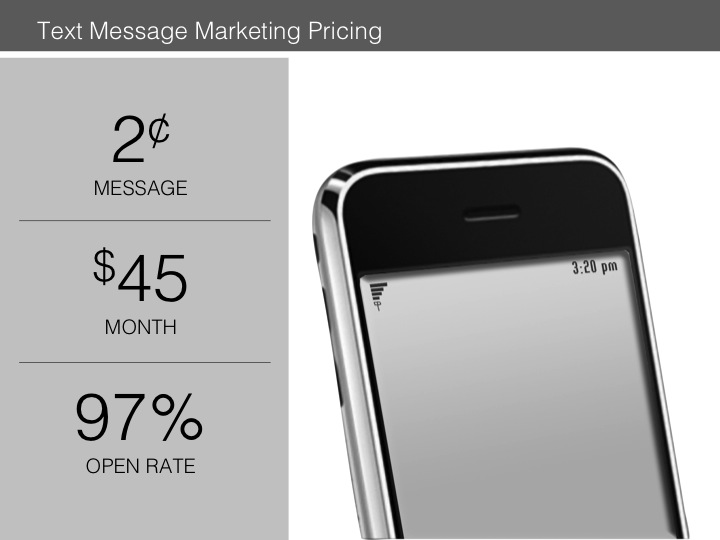
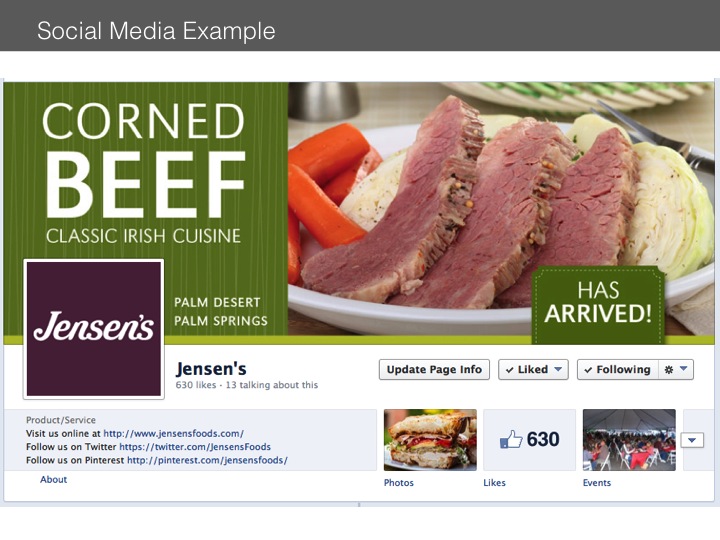

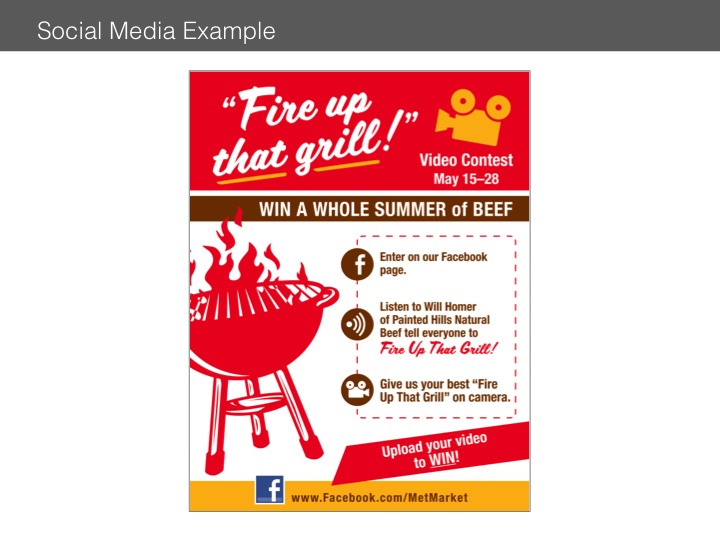


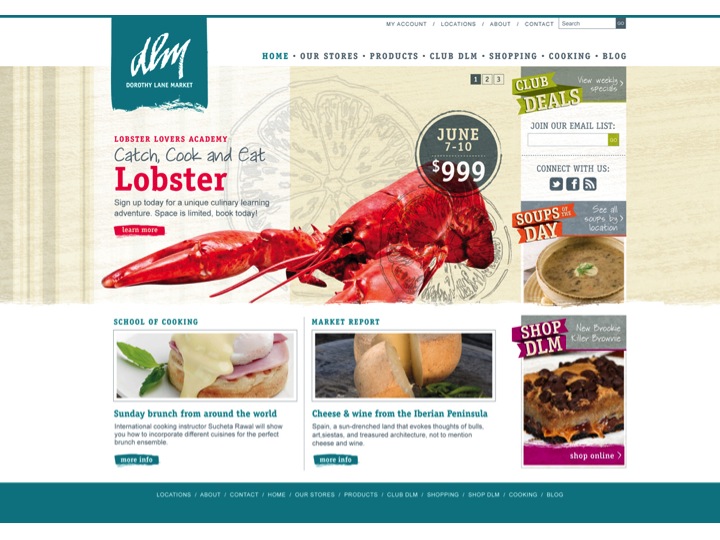


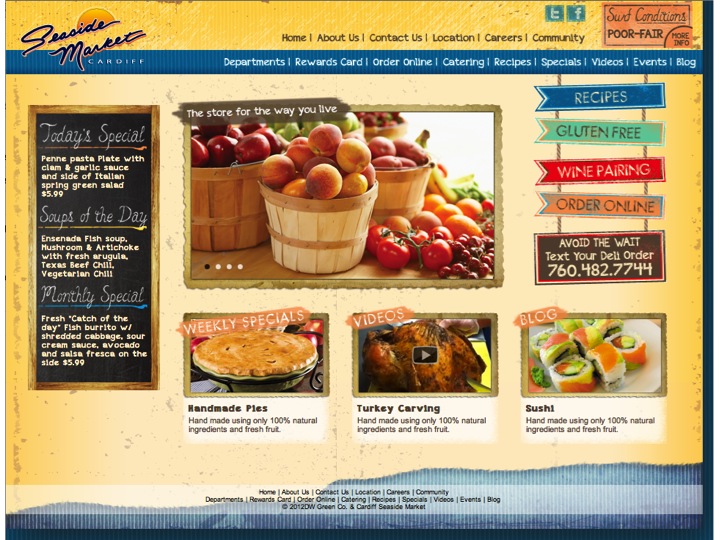
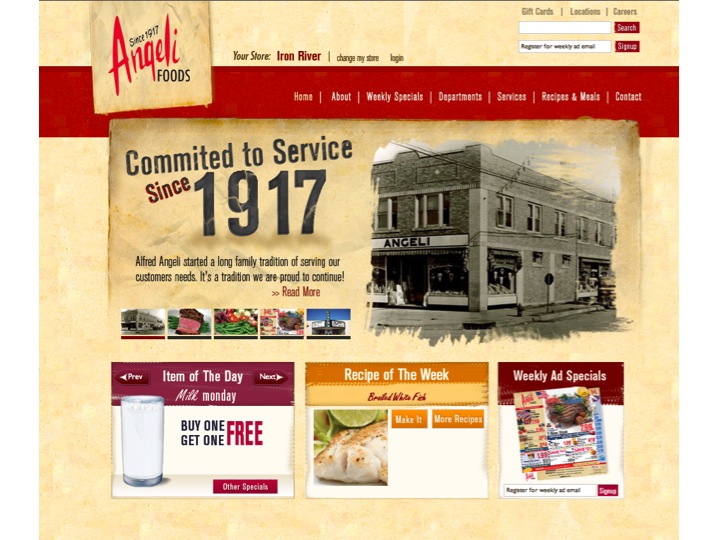


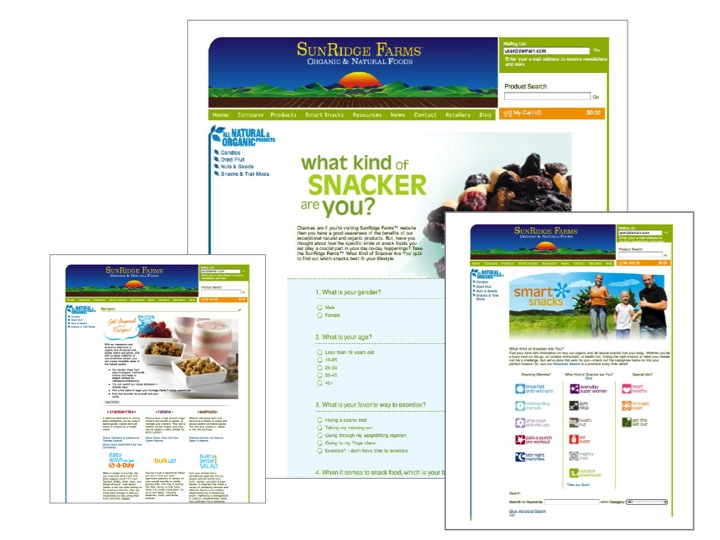

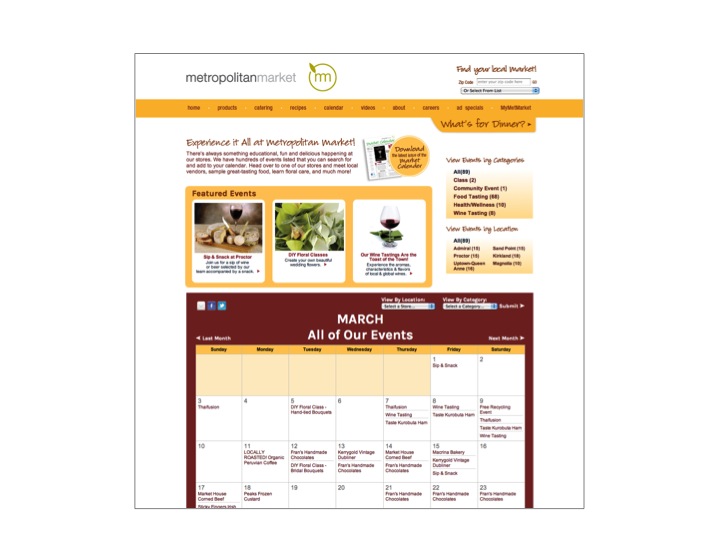



DW,
This is an excellent post and you are right on target with so many key points. (We are on the same wavelength with this. You must be reading my mind.)
I recently had an experience in which a manager of a successful women’s bag company treated me like poo when I wanted to return something (expensive luggage). He didn’t “listen” and blindly stuck to the company policy of no returns after 30 days, even though that information was not on the shipping order included in the box. I had ordered it online for Christmas and had no idea there was a 30 day return policy. I missed the cut-off day by just a few days because of the holidays. The item had a minor defect and he said he’d take care of that, but I could not return it. Period. No matter what. I wasn’t happy with the overall quality of the item, but that didn’t matter to him. He said he knew the product was good and that he used that same piece of luggage himself (I was wondering why he was using girlie luggage with flowers on it, but anyway). The product just wasn’t what I expected. But more than anything, I was SO frustrated that the guy just didn’t “hear” what I was saying. He didn’t care. I almost cried (seriously), I was incredibly disappointed to have the company I had loved for so long treat me that way. Their marketing campaign is about “lifestyle” and this wonderful, kind, free spirit thing. Whoa, that’s not what I ran up against.
It’s a long convoluted story, but I WAS their target customer and had been a loyal one, always talking up the brand. I AM the person they show in their ads, etc. I AM their philosophy. Their motto is ME.
And he (the manager) clearly didn’t want ME. He dumped me. Funny, it kind of broke my heart to find that a company I had been promoting for years, buying products and following on Facebook and Twitter didn’t “really” care what I thought. My first instinct was to go on FB and Twitter and talk about how I had been snubbed. Share with all my friends who are also their target market how crummy the customer service manager treated me. But after I settled down, I knew that wasn’t my style. I don’t want to be that kind of negative person. I will use the luggage and see how it works and if anyone asks me about it, I will say I was treated like poo by the company and that they “broke up with me” and made me sad and that I will no longer buy their products. It also reinforced the notion that I must take great care in how I treat my clients. I want to treat them as I expect and want to be treated.
You’re right on and I know you treat people well! That’s why you are successful and I appreciate your approach and the kindness you have in your heart.
Melissa
P.S. Sorry for the ramble, but this one got me!
Love the “golden rule of business”. Is that from a book?